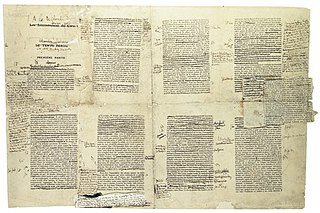
In Search of Lost Time, first translated into English as Remembrance of Things Past, and sometimes referred to in French as La Recherche, is a novel in seven volumes by French author Marcel Proust. This early 20th-century work is his most prominent, known both for its length and its theme of involuntary memory. The most famous example of this is the "episode of the madeleine", which occurs early in the first volume.

Regeneration is a historical and anti-war novel by Pat Barker, first published in 1991. The novel was a Booker Prize nominee and was described by the New York Times Book Review as one of the four best novels of the year in its year of publication. It is the first book in the Regeneration Trilogy of novels on the First World War, being followed by The Eye in the Door in 1993, and then The Ghost Road, which won the Booker Prize in 1995.

Slaughterhouse-Five, or, The Children's Crusade: A Duty-Dance with Death is a 1969 semi-autobiographic science fiction-infused anti-war novel by Kurt Vonnegut. It follows the life experiences of Billy Pilgrim, from his early years, to his time as an American soldier and chaplain's assistant during World War II, to the post-war years. Throughout the novel, Billy frequently travels back and forth through time. The protagonist deals with a temporal crisis as a result of his post-war psychological trauma. The text centers on Billy's capture by the German Army and his survival of the Allied firebombing of Dresden as a prisoner of war, an experience that Vonnegut endured as an American serviceman. The work has been called an example of "unmatched moral clarity" and "one of the most enduring anti-war novels of all time".

Autobiography of a Brown Buffalo is the first novel by Oscar Zeta Acosta and it focuses on his own self-discovery in a fictionalized manner. An autobiography, the plot presents an alienated lawyer of Mexican descent, who works in an Oakland, California antipoverty agency, without any sense of purpose or identity.
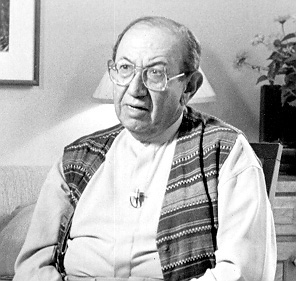
Daniel Keyes was an American writer who wrote the novel Flowers for Algernon. Keyes was given the Author Emeritus honor by the Science Fiction and Fantasy Writers of America in 2000.
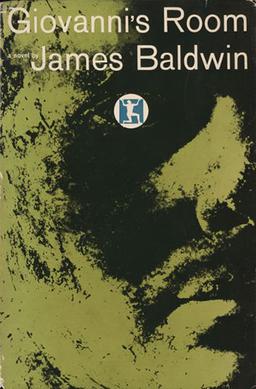
Giovanni's Room is a 1956 novel by James Baldwin. The book concerns the events in the life of an American man living in Paris and his feelings and frustrations with his relationships with other men in his life, particularly an Italian bartender named Giovanni whom he meets at a Parisian gay bar. While he deals with his difficulties with men, he is engaged to an American woman who is travelling in Spain.
For the Australian professional golfer, see Wayne Grady.
"Scenes from an Italian Restaurant" is a song from Billy Joel's 1977 album The Stranger.

Hear the Wind Sing is the first novel by Japanese writer Haruki Murakami. It first appeared in the June 1979 issue of Gunzo, and in book form the next month. The novel was adapted by Japanese director Kazuki Ōmori in a 1981 film distributed by Art Theatre Guild. An English translation by Alfred Birnbaum appeared in 1987.
James Scudamore is a British author.
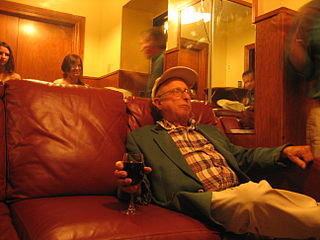
Teddy Charles, born Theodore Charles Cohen was an American jazz musician and composer, whose instruments were the vibraphone, piano, and drums.
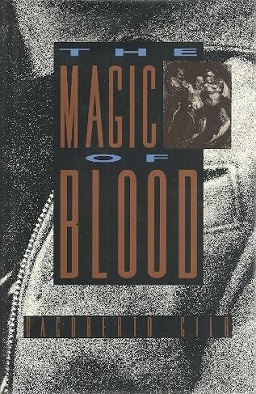
The Magic of Blood is a short story collection by Dagoberto Gilb. It received the 1994 Hemingway Foundation/PEN Award and the 1993 Whiting Writers' Award. The collection was released to rave reviews by several reputable critics, as well as authors, for its brutal realism and genuine portrayal of the marginalized masses. His book contains 29 stories separated into three distinct sections, which epitomize the perspective of the working classes and Chicano culture. Gilb's prose is simplistic in nature and his writing belongs to a proletariat genre, which explores the existence of labor, love, families, friends and the immigrant community in America.
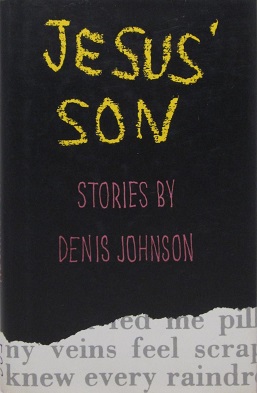
Jesus' Son is a collection of short fiction by Denis Johnson published in 1992 by Farrar, Straus & Giroux. A short story cycle comprising 11 pieces, Jesus' Son is Johnson's most critically acclaimed and popular literary effort, and the work with which Johnson is most identified. In 1999, it was adapted into a film of the same name by Elizabeth Cuthrell, David Urrutia, and Oren Moverman, directed by Alison Maclean.

A novelist is an author or writer of novels, though often novelists also write in other genres of both fiction and non-fiction. Some novelists are professional novelists, thus make a living writing novels and other fiction, while others aspire to support themselves in this way or write as an avocation. Most novelists struggle to have their debut novel published, but once published they often continue to be published, although very few become literary celebrities, thus gaining prestige or a considerable income from their work.
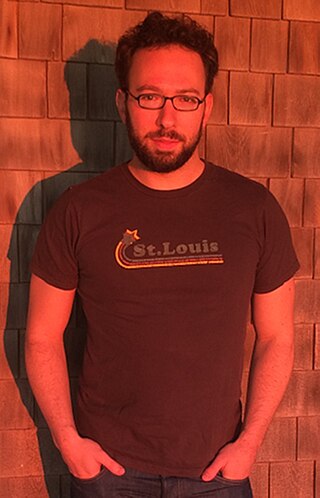
Teddy Wayne is an American novelist and short story writer whose books include The Love Song of Jonny Valentine (2013) and Loner (2016). He is a frequent contributor to The New Yorker, McSweeney's, and many other publications.

Kimberly Cougar Schmidt is the title character of the Netflix original series Unbreakable Kimmy Schmidt.
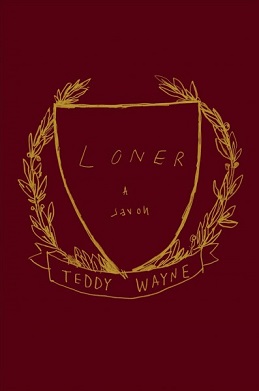
Loner is a 2016 American novel by Teddy Wayne that explores the themes of toxic masculinity, sexual assault, ambition, socioeconomic stratification, and social media saturation in a campus novel setting.

Night School is a 2018 American buddy comedy film directed by Malcolm D. Lee, produced with Will Packer and Kevin Hart, written by Hart, Harry Ratchford, Joey Wells, Matt Kellard, Nicholas Stoller and John Hamburg, and starring Hart, Tiffany Haddish, Rob Riggle, and Romany Malco with supporting roles done by Taran Killam, Megalyn Echikunwoke, Al Madrigal, Mary Lynn Rajskub, Keith David, Anne Winters, Fat Joe, Ben Schwartz, Yvonne Orji, and Bresha Webb. The story follows a group of adults who set out to earn their GEDs. The film was released in the United States by Universal Pictures on September 28, 2018, grossed over $103 million worldwide and received negative reviews from critics.

Matthew Salesses is a Korean American fiction writer and essayist and Assistant Professor of Creative Writing in the MFA/PhD program at Oklahoma State University.
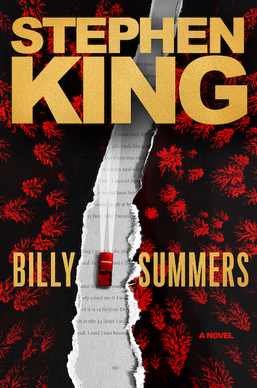
Billy Summers is a crime novel written by American author Stephen King, published by Scribner on August 3, 2021.
















